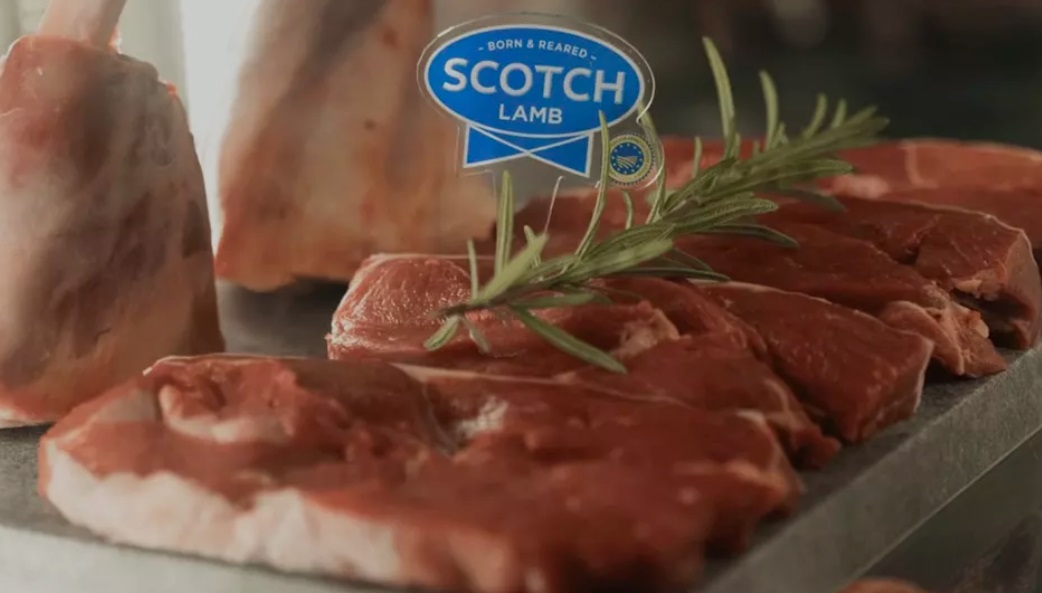
NFU Scotland has issued a call to the UK’s largest retailers to increase their support for Scottish produce, following a year-long investigation into sourcing practices.
The union’s ShelfWatch initiative – which monitored the presence of Scottish food across eight major supermarkets – has revealed that only 17% of own-label goods were labelled as Scottish.
The findings, published today (22 April), point to significant disparities among retailers: Aldi emerged as the top performer, with an average of 40% of own-label products sourced from Scotland, followed by Lidl at 30% and Co-op at 22%.
M&S Food showed the most improvement in Scottish sourcing, although overall levels remained modest, according to ShelfWatch.
While overall British sourcing stood at an encouraging 63%, the study also recorded a 6% increase in imported goods, prompting concerns from the farming union.
In response, NFU Scotland has calculated that increasing Scottish sourcing by just 12% could unlock an additional £500 million for Scottish farmers and growers.
The union has written to the eight retailers involved – Aldi, Asda, Co-op, Lidl, M&S Food, Morrisons, Sainsbury’s and Tesco – urging them to take specific steps to strengthen support for local agriculture.
NFU Scotland is calling for a 'Scottish First' policy, which would see Scottish produce prioritised across all commodities, helping to reduce the industry’s reliance on imports.
It also wants retailers to develop a comprehensive programme of promotional campaigns to champion Scottish produce both in-store and online.
This includes the creation of a dedicated 'Scottish Shop' on retailer websites and support for wider industry initiatives.
Another key demand is a renewed commitment to fairness in the supply chain: the union is calling for an end to excessive discounting practices that undermine the value of food, and is urging supermarkets to ensure that pricing reflects the true cost of production.
NFU Scotland is also pressing for reform in labelling practices, with the aim to achieve clearer on-pack country-of-origin information so that consumers have a better understanding of where their food comes from.
In addition, it is advocating for better in-store branding and signage to clearly distinguish Scottish produce from imported goods and prevent co-mingling on supermarket shelves.
NFU Scotland President, Andrew Connon said: “Our message to retailers is that by working together, we have a golden opportunity to support Scotland’s farmers and crofters as well as giving their customers more of what they want.
"Overall, these results show a disappointing level of Scottish sourcing with around 17% of own-label products labelled as Scottish and no real improvement throughout the year.
"Through this work, we have identified the key areas for action and commitment. If we get it right, the results could be transformational for our farmers, crofters and growers.”
The ShelfWatch study spanned four phases of research throughout 2024 and early 2025, examining more than 15,000 own-brand products in over 290 stores across seven regions.
In addition to Scottish labelling, data on wider British and imported produce was also collected to better understand sourcing practices.
Mr Connon concluded: “What this data shows us is the huge opportunities that exist for Scottish agriculture if the right actions and decisions are made.
"NFU Scotland will be relentless in pursuing these for the betterment of our members and wider industry.”
